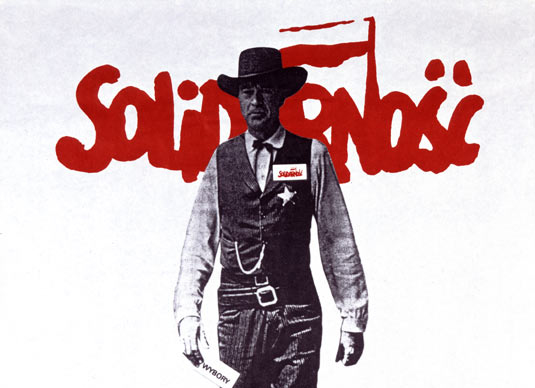- Monument/Memorial
- Doki 1, Gdańsk, Pologne
When in August 1980 the Gdańsk shipyard workers started a strike, they were convinced that only a strategy of non-violence could lead to success. Inspired by their charismatic leader Lech Wałęsa, they won the support of intellectuals in the opposition movement. This episode led to the founding of the first legal non-communist trade union; Solidarność.
In December 1970 shipyard workers in Gdańsk and Gdynia laid down their work to support their demands for more (basic) consumer goods. The demonstrations were brutally suppressed. The police opened fire on the strikers and 41 of them were killed.
Ten years later, in August 1980, workers at the Lenin Shipyard (now Gdańsk Shipyard) initiated another strike, but they changed their strategy. Charismatic strike-leader Lech Wałęsa and others were convinced that only a strategy of non-violence could lead to success. Soon the strikers got support from intellectual members of the opposition. For the first time the interests of workers and intellectuals coincided. As a result the demands went beyond bread-and-butter issues to include postulations regarding human rights. The strikers’ also demanded the erection of a memorial for the workers killed in 1970.
As the strikes were successful, paralyzing the biggest shipyard of the country, workers in other yards and factories laid down their tools in solidarity. After a few weeks delegates from the government were sent to Gdańsk to negotiate a compromise. On 31 August Lech Wałęsa signed an agreement with the government which ended the strike and led to the founding of the first legal non-communist trade union: Solidarność (Solidarity). Even though this success did not mean the end of communist rule in Poland, it turned out to be one of the most important steps towards the removal of all communist governments in Europe, reunifying the continent after years of division during the Cold War.

